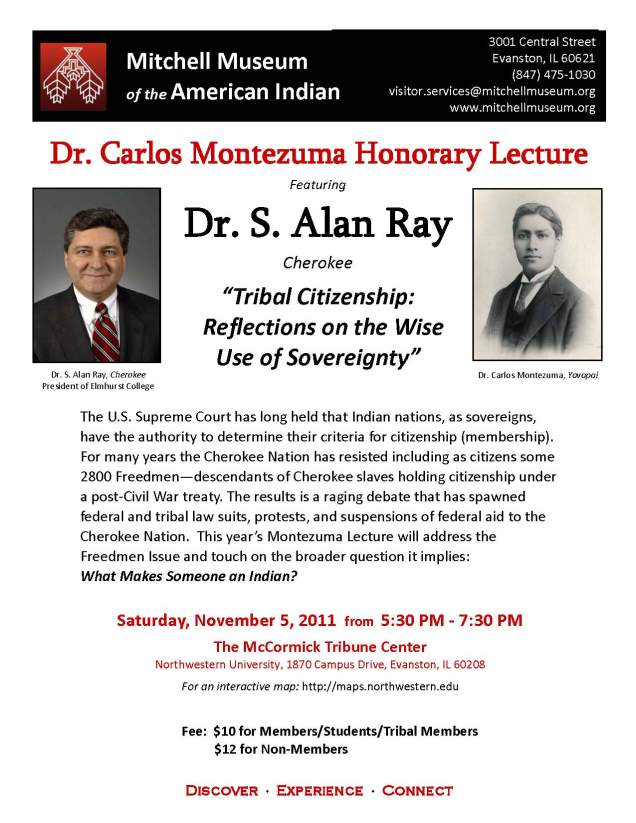We begin with a concern not addressed by either party. California Rule of
Court, rule 5.481(b) mandates that in a
section 300 proceeding, the social services agency must send a “Notice of Child Custody Proceeding for Indian Child.” This form is designated ICWA–030. The ICWA–030 form sent by the Bureau here, however, differs from the ICWA–030 form available on the Judicial Council website. Significantly, that ICWA–030 form, which consists of 10 pages, requests identifying information on the biological mother (section 5c), the mother’s biological mother (section 5c), and the mother’s biological grandmother (section 5d). The ICWA–030 used by the Bureau, which was 12 pages, appears at first glance to be the same, but upon closer examination materially differs. It requests information on the biological mother (section 5c) and the mother’s biological mother (section 5c), but it then skips to the mother’s biological
great grandmother and
great, great grandmother (section 5d). Nowhere does it contain a section for information on the mother’s biological grandmother. By using what may be a faulty ICWA–030, the Bureau completely omitted all information on R.K.’s grandmother—Robin’s great grandmother.

You must be logged in to post a comment.